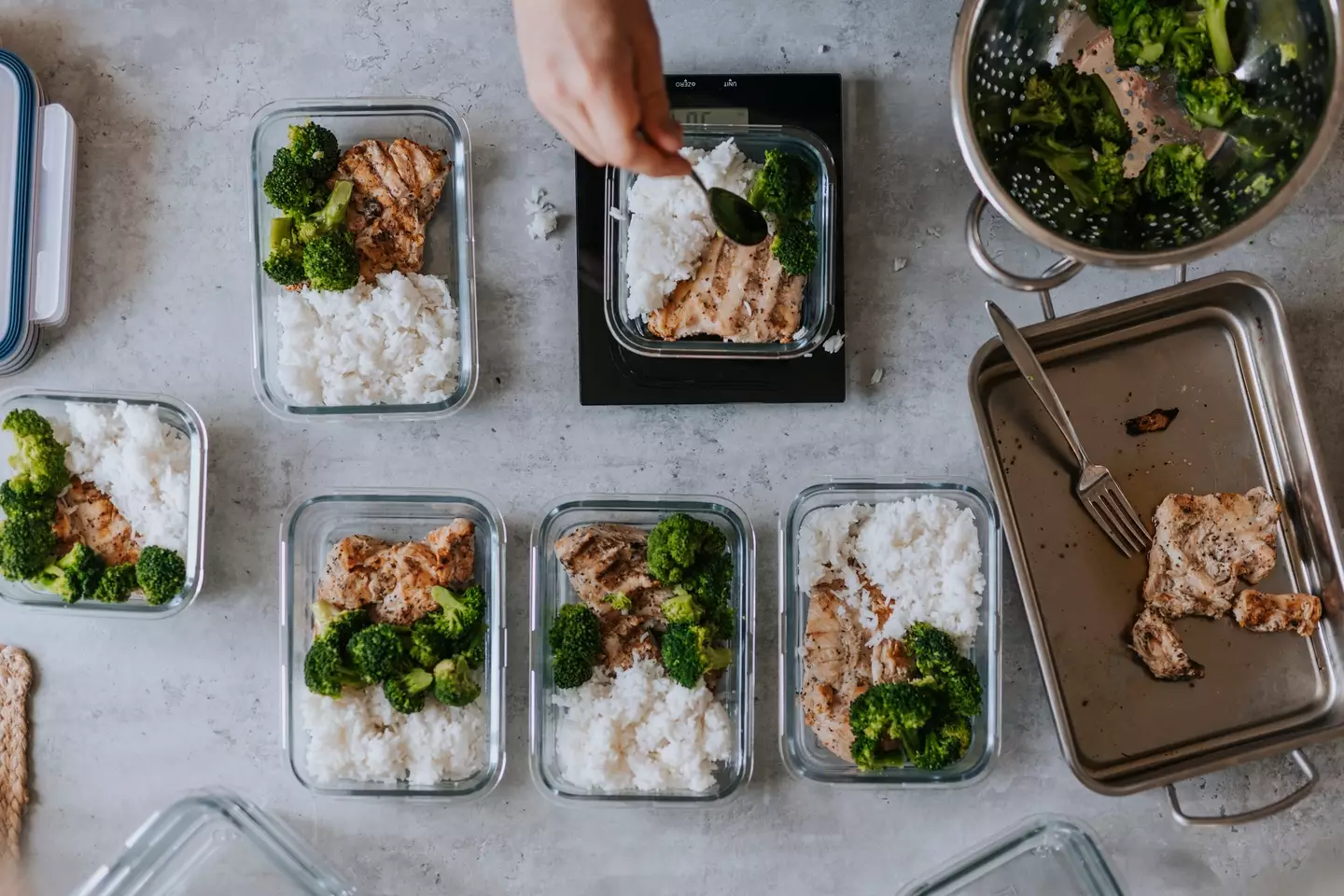
With all the talk of the AI bubble bursting sometime soon, it seems we may have collectively got a bit ahead of ourselves with the AI hype. It’s useful, sure, but the scramble to be the first winners of the AI race has left a fair few entrepreneurs with egg on their faces.
That’s not to say AI isn’t useful, with generative tools like ChatGPT and Gemini serving as useful, if fallible, search engines and sounding boards.
Those tools are particularly handy for drafting schedules and plans, and many fitness-focused users have already found a lot of use in the plans they can tailor to your needs.
Where diet is concerned, however, it seems as though people relying on large language models (LLMs) like ChatGPT may be at risk of getting some bad advice.
Advert
.jpg)
Putting together a healthy diet can be tricky, especially if you have particular dietary needs, and so it’s natural to see LLMs as a way to get a quick, easy, and realistic plan in place.
Social media users have been sharing the ‘hack’, with one Facebook user posting: “Lazy mom hack! Thought I would share because this has been a lifesaver for us! Download the app ‘ChatGPT’ (its free). Ask AI to generate a weekly menu based on your budget, preferences, and number of meals needed. Create a grocery list based on this menu, and do a grocery order pickup ONCE per week!”
Redditors have also been asking each other for advice on the best LLM tools to use for such things, and many more have been reporting mixed results.
Advert
“I really want to start dieting and taking care of myself,” began one post. “What is the best AI tool to help me make a weekly meal plan so I get things moving? I tried ChatGPT but it’s waaaay off with the budget and I really want to make something budget friendly.”
When another user suggested asking ChatGPT to take their budget into account, they replied: “I did and the boy just goes round and round, practically just rearranges stuff he said before.”
That missing tailorability around finances isn’t the only potential pitfall, however, with experts warning that they may be hidden risks.
Patricia Kolesa, a dietitian speaking with Huffington Post noted that LLMs are a useful jumping-off point for people who are unsure about structuring diets and meal plans.
Advert
“It provides a framework and structure for regular meal intake and incorporating certain foods or food groups into the diet that might have not been present before,” she said.
However, she continued: “A meal plan is only one piece of the puzzle.
“When it comes to diet and nutrition, there are other areas like activity levels, stress management and eating behaviors that either further or delay you from meeting your nutrition goals. A meal plan does not take these factors into consideration the way a dietitian or nutrition professional will.”
Their tendency to provide generic plans mean they don’t offer the same realistic goals and lifestyle changes that a registered dietictan can offer, Kolesa said, and this could hamper your health goals. Following non-specific plans ‘can lead to burnout and stopping your plan entirely’, Kolesa added.
Advert
Violeta Morris, another dietitian who spoke with Huffington Post, warned that these tools are insufficient when it comes to accurately tailoring plans to specific health conditions, too.

“AI can provide general guidance, but it can’t offer the personalized, clinical recommendations needed — especially for individuals with medical conditions like diabetes or hypertension,” she said.
“These individuals have specific nutrient targets and require a level of understanding, context and human connection that only a dietitian or healthcare provider can provide.”
Advert
As with all things produced by LLMs like ChatGPT, Gemini and Claude, AI meal plans are best taken with a pinch of salt.
Topics: Health, Diet, Social Media
